EU defends unilateral sanctions against Britain during leave period
European Union authorities have defended as necessary and justified a series of potential punishments against Britain during the time it leaves the continental bloc.
An advisor to the EU’s top negotiator, Michel Barnier, said Wednesday that a plan to have sanctions by EU members on Britain during the so-called post-Brexit transition period would be necessary to prevent London from breaching its agreements.
“Foreseeing possibility of sanctions for foul play is of course part of any agreement,” said Stefaan De Rynck while reacting to some British lawmakers who had designated the plans for punishment introduced in a draft of the European Commission as “aggressive”.
De Rynck said Britain’s access to the EU’s single market during the nearly two-year transition phase, as demanded by Prime Minister Theresa May, should entail safeguards as the bloc's referring of Britain's breaches of the transition rules to the European Court of Justice would take too long.
“The EU responds to PM May’s request to benefit from single market and customs union for a limited time during which all must play by the same rules,” he said, adding that it was quite normal to have possible punishments when an international agreement is broken.

Britain leaves the EU on March 29, 2019, and the bloc insists the transition should last for 21 months until December 31, 2020. The two sides started talks on mechanisms that could govern that phase earlier this week. The draft proposal by the EU Commission stipulates that Britain should be robbed of its powers in decision-making in that period unless a British representative might be able to sit in on EU meetings. It also says that remaining members would have the authority to reintroduce trade tariffs and customs checks in case Britain breaches the terms of the agreement that gives it frictionless access to the single market and the customs union.
Talks on transition period is planned to end in March when the EU and Britain hope to start negotiations on the future of their relations and whether they can nail down an inclusive agreement on trade. An interim deal reached in December outlines guidelines on key separation issues, including how Britain should treat EU citizens after Brexit, what would be the financial settlement and how the Irish border would be treated.
Former UK ambassador released on bail after arrest in Epstein-linked probe
Hamas condemns Israel’s arson attack on mosque in West Bank, calls for mobilization
Trump's top general warns of Iran aggression risks: reports
VIDEO | US ambassador’s remarks on Israel’s expansion spark outrage
VIDEO | ‘Protect the Right to Protest’ rally held outside London court
VIDEO | Gaza bakery supports displaced families ahead of Ramadan Iftar
France blocks US ambassador from ministerial meetings after summons no-show
Around 20 nations condemn Israeli push toward West Bank annexation


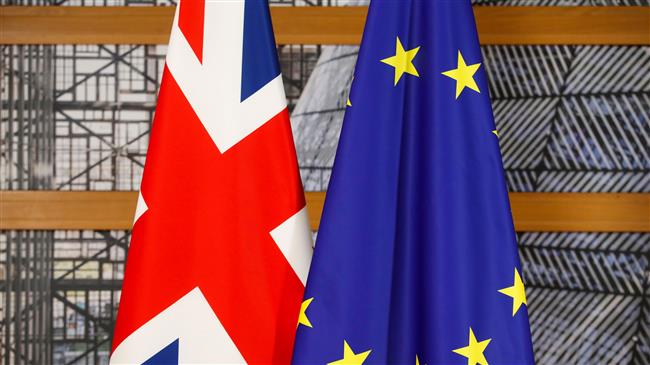
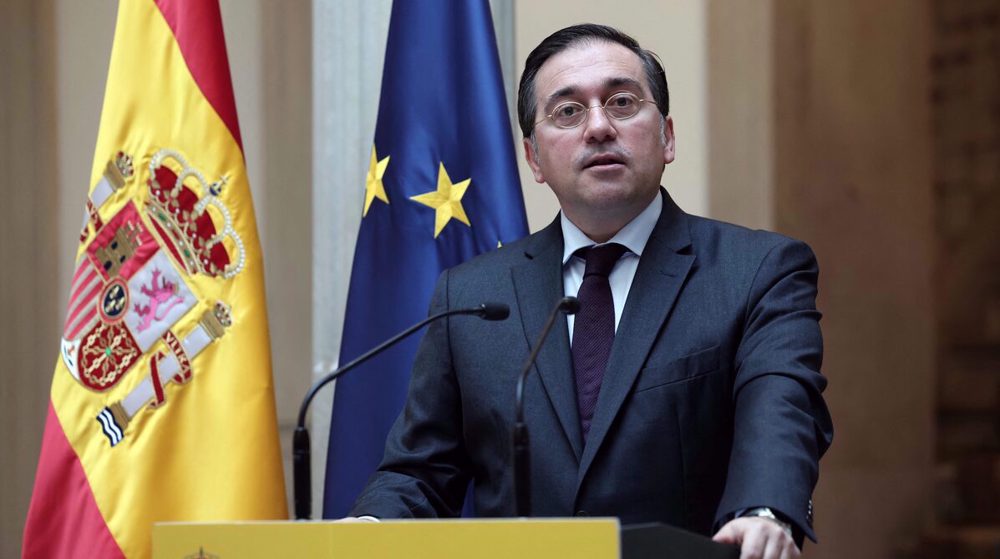

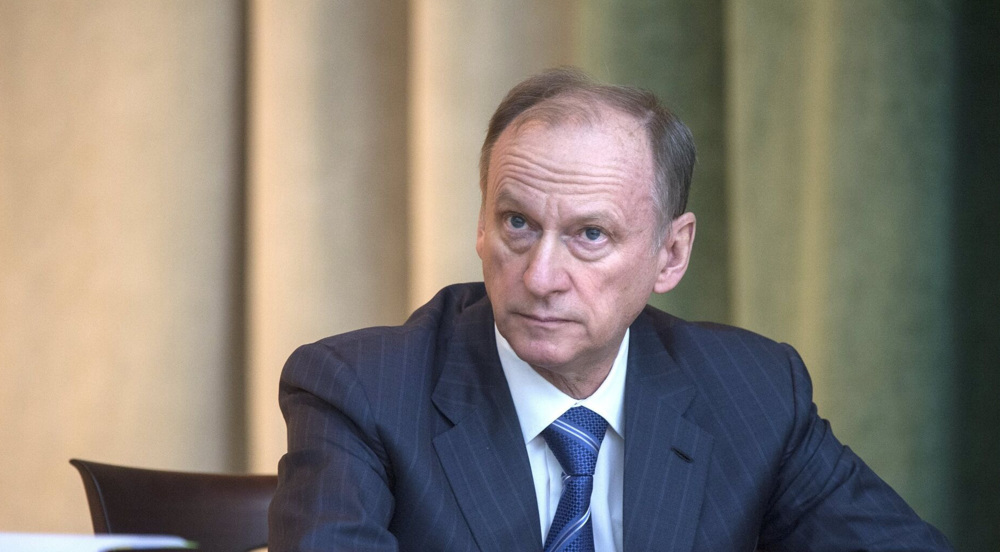




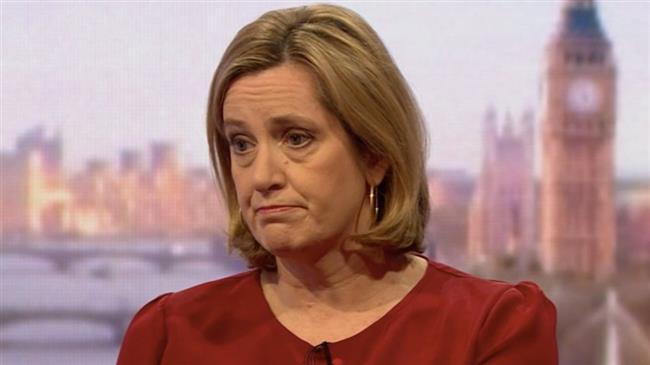
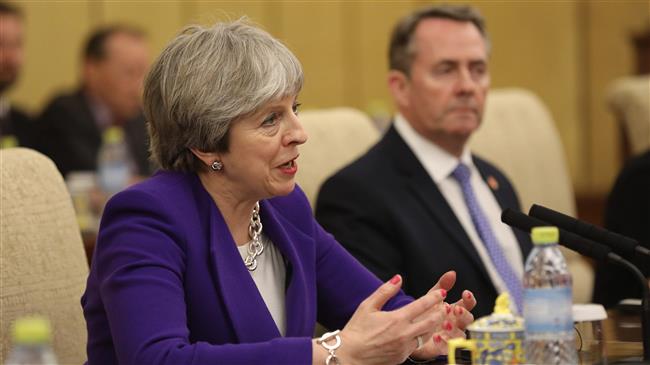
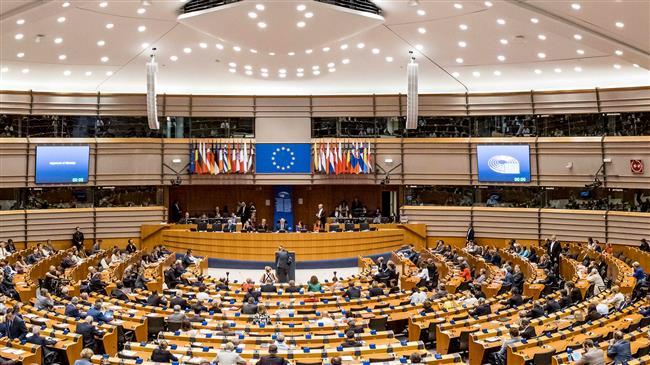

 This makes it easy to access the Press TV website
This makes it easy to access the Press TV website